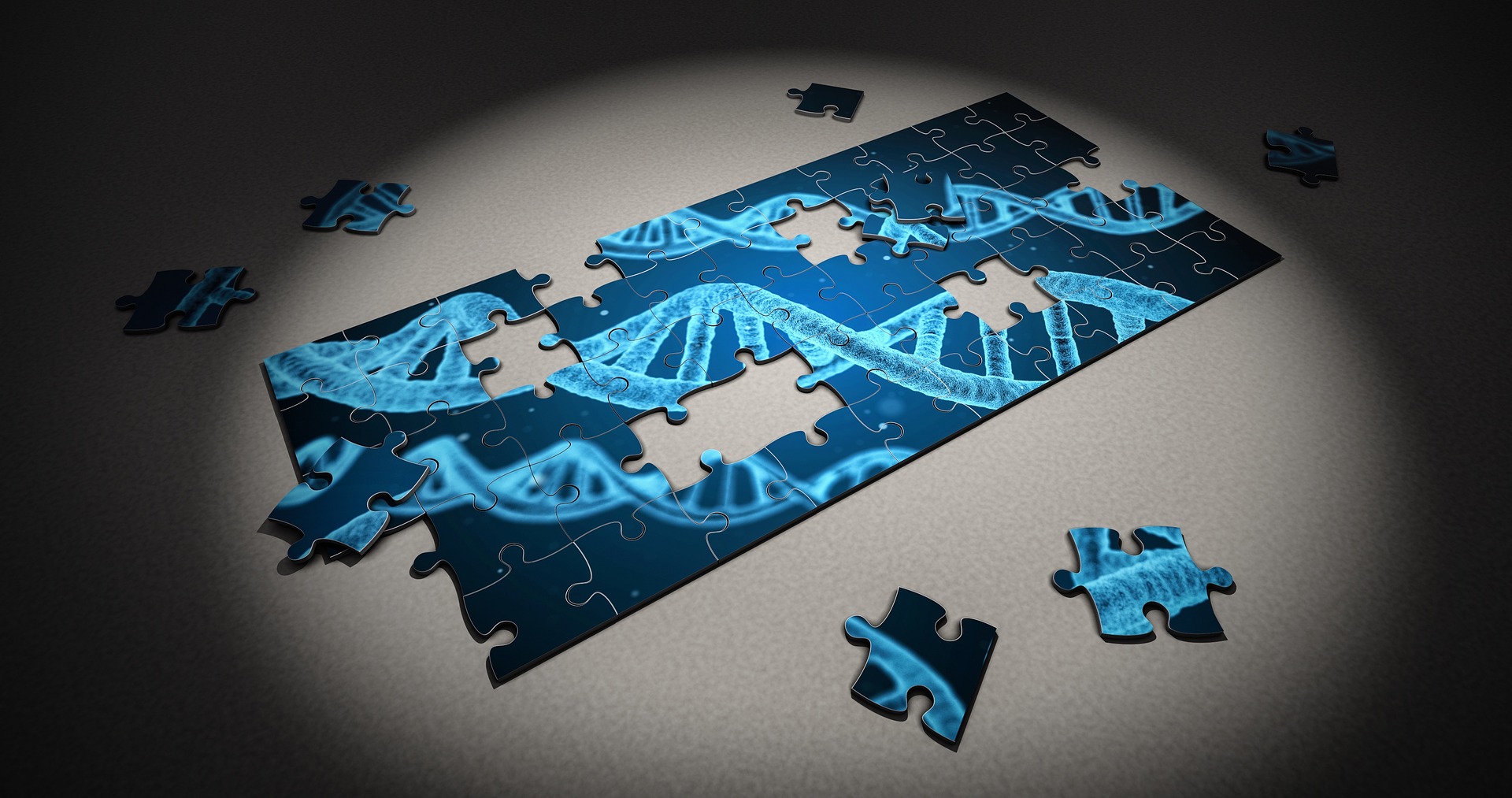Over-the-counter DNA kits, banned in France, are growing exponentially, despite their “serious impact on privacy”. The principle is very simple. For a one-off price of €59, a kit is sent to your home address. You spit into a tube, return it and wait for the results by post. The company is building a database in order to provide more and more information and connections for clients.
More than 26 million tests have already been sold since 2013, half of them in 2018 alone, which was a “record year”. It must be said that the two sector leaders, AncestryDNA and 23andMe, have literally driven the onslaught with “massive online and TV marketing campaigns”. Slogans include: “Discover a more complete story of you“, “Trace your ancestors’ journeys over time” and “Connect with your people“. At this rate, the number of users is expected to exceed the 100 million mark within two years according to MIT.
These databases have become so extensive that “it’s now possible to trace the relationships between almost all Americans, including those who have never bought a test”. The risks to privacy now affect the whole population, not just clients. For example, Joseph James De Angelo, a serial killer, has just been exposed by the FBI, thirty years after his last murders, because the analysis of his genome at one of the crime scenes revealed the name of one of his third cousins, included in the GEDMatch DNA database. In addition, Family Tree DNA has just authorised the FBI to “download DNA recovered from corpses and blood stains, and browse the database like any other client, looking at names and relationships between users”.
Yaniv Erlich, Chief Science Officer of MyHeritage, an Israel-based company, warns: ” While policy makers and the general public may support improvements in forensic tools to solve crimes, they rely on databases that are accessible to everyone. Therefore, the same technique could be misused for the wrong reason.”
The impact on everyone’s privacy therefore goes much further than what these companies suggest, and the price to be paid is ultimately much higher than the initial fee of €59.
Usbek & Rica, Annabelle Laurent (13/02/2019) – Plus de 26 millions de personnes ont déjà fait un test ADN en vente libre
MIT, Antonio Regalado (11/02/2019) – More than 26 million people have taken an at-home ancestry test
Photo : Pixabay/DR

